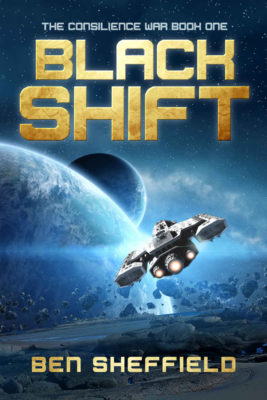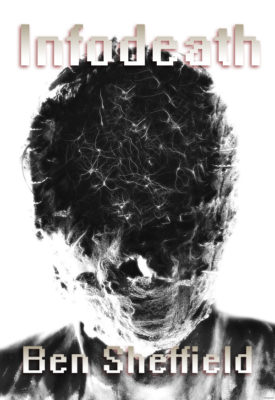“I’ve been thrown out here on this planet. No memories. A gun in my hand, an enemy in front of me, but no memories. And now I see the truth: I was put here to fail. I don’t get to be a martyr, or a hero. I get to be destroyed. You want anger? I can help. Anger is what I do.”
Caitanya-9. Unmappable and unchartable. Orbited by two supermassive black moons, its landscape is in constant flux from earthquakes and volcanoes. The only inhabitants are a mysterious race of aliens, and when a team of geologists makes a terrifying discovery beneath the planet’s surface, the aliens turn hostile.
Five years away Terrus receives a distress call and dispatches a team of six marines to control the situation.
Interstellar travel erases the subjects’ memories. When the marines wake up from a five-year sleep, they have no recollection of who or where they are.
The rank and file receive memory implants, informing them of their pasts.
Their leader receives nothing.
Either by mistake or intent, his identity is a mystery. Battle looms on Caitanya-9, and while the marines prepare to fight a deadly enemy on an ever-changing world, their leader must face the enemy before him, the enemy behind him, and the enemy inside his own head.
No Comments »


